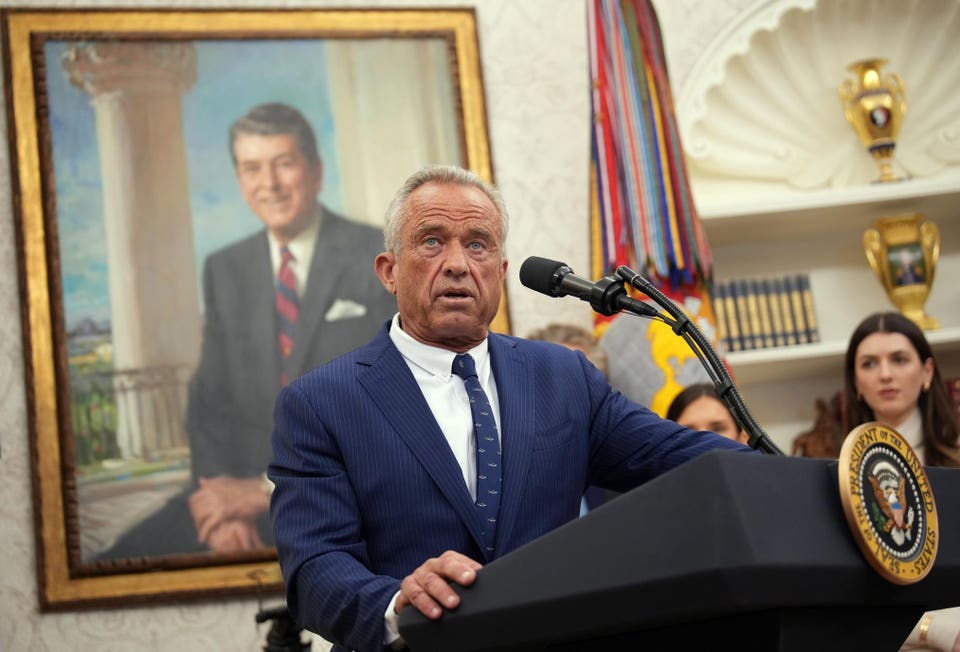WASHINGTON, DC: In a controversial move, Robert F. Kennedy Jr., the newly appointed Secretary of Health and Human Services, announced the withdrawal of U.S. financial support for the Global Alliance for Vaccines and Immunization (Gavi). This decision, made last week, reverses a $1.2 billion pledge from the Biden administration, potentially endangering global childhood immunization efforts.
Kennedy, who was confirmed by the Senate with a narrow 52 to 48 vote, has long been a contentious figure due to his past comments on vaccines. His decision to cut funding was justified by claims that Gavi has “ignored the science” and compromised vaccine safety. Gavi, however, maintains that it rigorously evaluates every vaccine it procures and deploys.
The Impact of U.S. Withdrawal
The decision to defund Gavi is part of a broader trend initiated by the Trump administration, which included significant cuts to international health programs and the withdrawal from the World Health Organization. Gavi, a critical player in global health, has been instrumental in reducing vaccine-preventable diseases worldwide. In 2023 alone, the organization helped save 1.3 million lives, primarily children, and immunized 69 million against diseases such as measles, diphtheria, and cholera.
Gavi’s efforts have been pivotal, particularly in Africa, where it facilitated the rollout of the first routine malaria vaccine in 2024. Despite these successes, tens of thousands of vaccine-preventable deaths still occur each year, underscoring the ongoing need for robust immunization programs.
Historical Context and Economic Implications
Vaccines have long been recognized for their cost-effectiveness and life-saving potential. Historical programs, such as Australia’s measles vaccination initiative in the 1980s and 1990s, demonstrated a benefit-to-cost ratio of 167:1, highlighting the economic advantages of disease prevention over treatment.
Vaccines have saved tens of millions of lives over decades, preventing diseases like smallpox, polio, and measles.
The U.S. withdrawal from Gavi funding raises concerns about a potential resurgence of preventable diseases. During the COVID-19 pandemic, a drop in measles vaccinations led to a 40% increase in global measles deaths by 2022, predominantly in low-income countries.
Global Reactions and Future Prospects
In response to the U.S. decision, other nations and organizations, including the Bill & Melinda Gates Foundation, have pledged to increase their contributions to Gavi. However, experts warn that the financial gap left by the U.S. will be challenging to fill, potentially compromising the global fight against vaccine-preventable diseases.
The move by Kennedy has sparked widespread concern among public health experts and international organizations. They argue that consistent funding is crucial to maintaining the progress made in global immunization efforts and preventing future outbreaks.
As the world grapples with this significant shift in U.S. policy, the implications for global health remain uncertain. The decision underscores the delicate balance between national policies and international health commitments, with far-reaching consequences for millions of children worldwide.
Moving forward, the international community will need to explore alternative funding strategies and reinforce collaborative efforts to ensure that vital immunization programs continue unabated.
